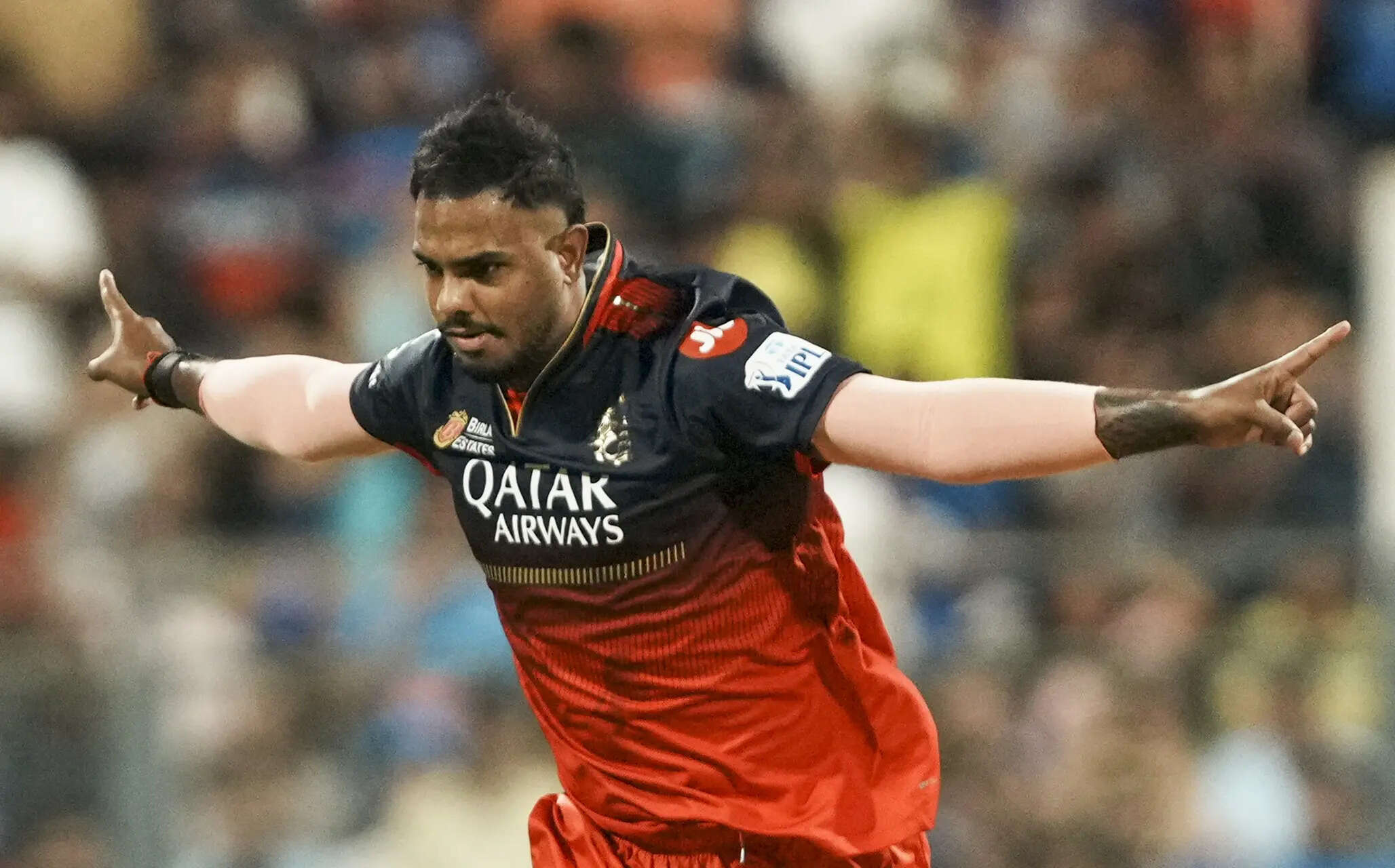Yash Dayal accused of sexual exploitation, physical violence; FIR registered

Chirag Paswan's bold political moves stir the NDA, while former UK minister Norman Tebbit's passing marks the end of an era. Sentiment: neutral

All major sources, one page
Feel the mood behind headlines
Know what’s trending, globally
Get summaries. Save time
7,540
168
211
3 hours ago
Stay sharp in 60 seconds. Get concise summaries of today’s biggest stories — markets, tech, sports, and more
All major sources, one page
Feel the mood behind headlines
Know what’s trending, globally
Get summaries. Save time
7,540
168
211
3 hours ago
Stay sharp in 60 seconds. Get concise summaries of today’s biggest stories — markets, tech, sports, and more